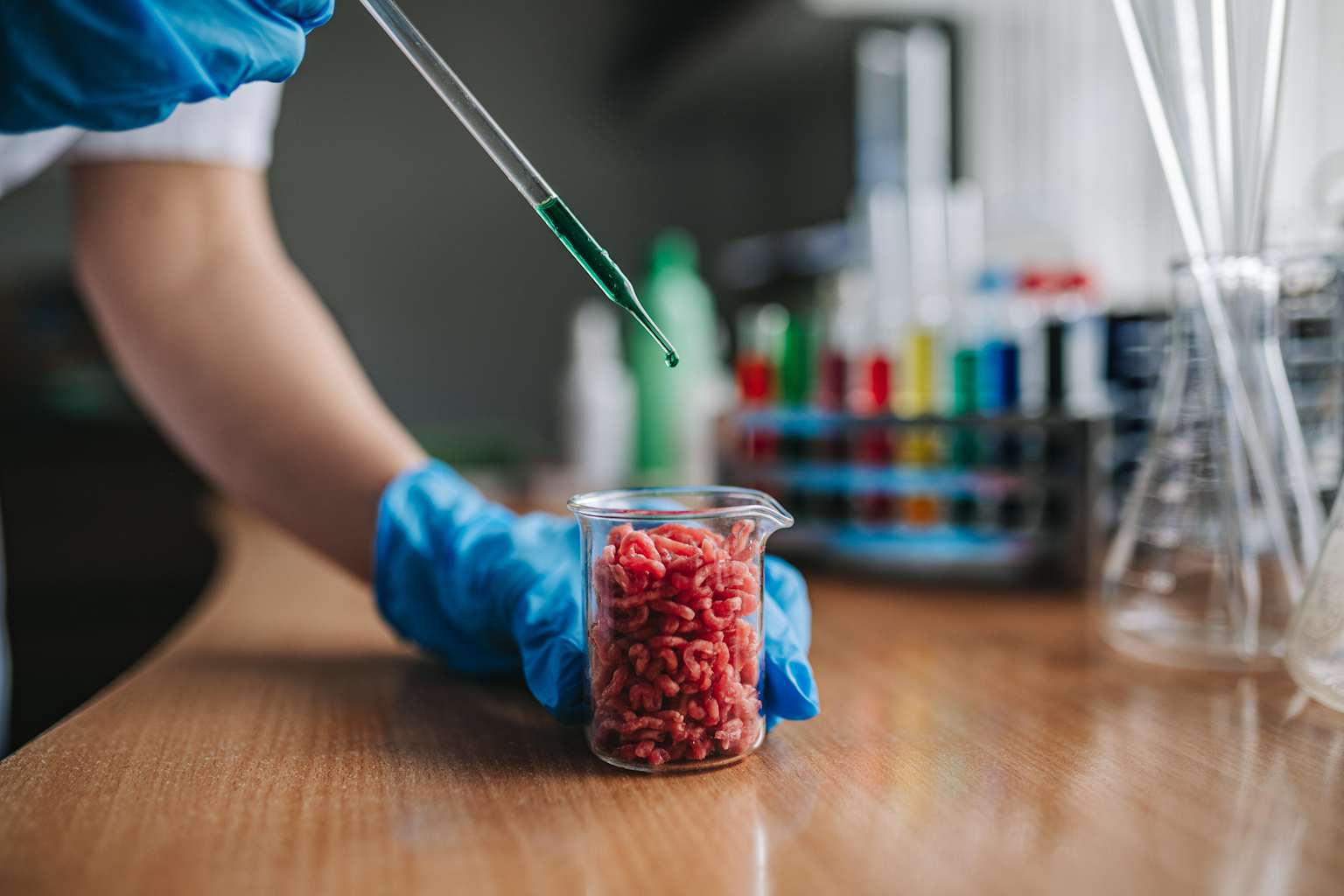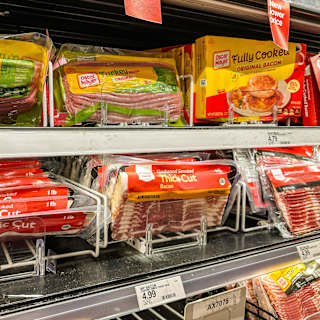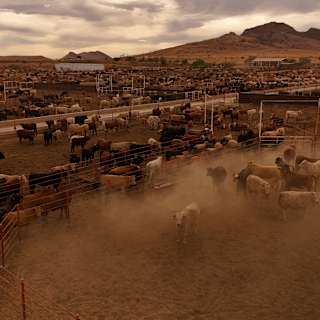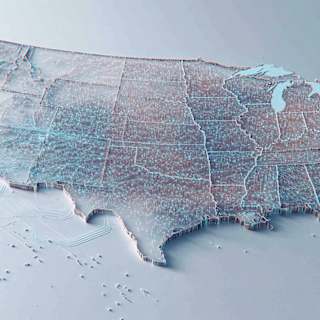- Industry Protection Drives Ban
- Environmental Claims Challenged
- Legal Battles Brewing
- Limited Market Impact
Texas Governor Greg Abbott signed legislation Tuesday making the Lone Star State the seventh in the nation to ban the sale of lab-grown meat, cementing a growing trend among agricultural states to block the emerging protein technology before it reaches consumers.
Senate Bill 261 prohibits the sale, manufacture, and distribution of "cell-cultured protein" for human consumption starting September 1, with violations carrying civil and criminal penalties including potential jail time for repeat offenders. The law expires in September 2027 unless extended by the legislature.

The Texas & Southwestern Cattle Raisers Association championed the legislation as consumer protection, arguing it prevents Texans from becoming "a science experiment" with products lacking long-term health studies12.
"Ranchers across Texas work tirelessly to raise healthy cattle and produce high-quality beef," said TSCRA President Carl Ray Polk Jr. "This legislation ensures that only animal proteins raised by natural, time-tested methods are sold to Texans"34.
Abbott framed the ban as protecting "the safety of Texans and safeguard the individual freedoms" upon which the state was founded5.
The legislation comes as critics challenge lab-grown meat's environmental benefits. A UC Davis study found that current production methods could generate up to 25 times more greenhouse gas emissions than conventional beef, contradicting industry sustainability claims123.
"The lab-grown meat sector will continue to face headwinds as consumers and lawmakers learn more about the lack of long-term health studies and use of 'immortalized cells,'" said Jack Hubbard, executive director of the Center for the Environment and Welfare13.
Texas joins Florida, Alabama, Mississippi, Montana, Indiana, and Nebraska in restricting lab-grown meat12. Several bans face legal challenges, including a lawsuit by UPSIDE Foods against Florida's prohibition13.
Critics argue the bans stifle innovation and consumer choice while creating government-enforced monopolies for traditional agriculture4. The Good Food Institute has sued multiple states over similar restrictions, citing free speech violations5.
The immediate economic impact remains minimal since lab-grown meat has virtually no commercial distribution in the United States1. Products remain prohibitively expensive and are limited to select restaurants following FDA approvals in 202221.
The Texas law includes exemptions for research purposes following concerns from NASA about astronaut food development programs3.
"I'm not here to convince you all to buy our products," cultivated seafood CEO Justin Kolbeck told Alabama lawmakers considering similar legislation. "However, I am here to ask the government to not take away our freedom to decide what to feed ourselves and our families"3.



